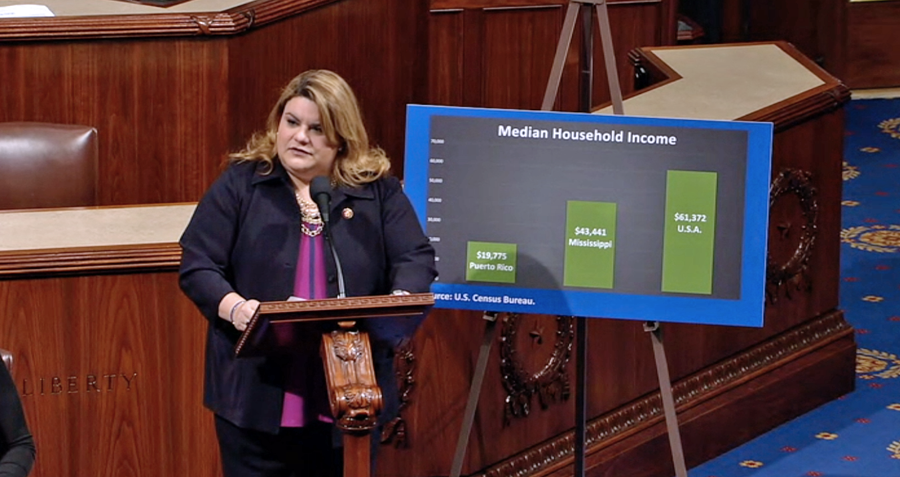Puerto Rico’s “Lemon Law” still under evaluation

By: Angela A. Aponte
Special to News is my Business
A House Bill that could pave the way for the creation and implementation of a “Lemon Law” for Puerto Rico is under evaluation, six months after public hearings for the measure that would help protect consumers from defective vehicles were held in early June, this media outlet has learned.
Juan Soto, head of the House Consumer Affairs and Antimonopoly Practices Committee, which is in charge of all processes related to the proposal, explained that after the measure was evaluated in public and executive meetings, it was sent over to be reviewed by the Consumer Affairs Department (known as DACO by its Spanish acronym.)
Although the consumer watchdog agency expressed its opposition during public hearings, it is expected that modifications applied to the measure that took into account different recommendations given at the hearings, including those offered by DACO, should be enough to sway the agency to support the proposed “Lemon Law.”
The agency’s support and approval will determine if the legislative proposal will be considered during an upcoming House session, he said.
The most recent version of the consumer protection measure — House Bill 408 — was penned by Reps. Jorge Navarro-Suárez and Nelson Torres-Yordán to establish the “Law for the Compliance of Motor Vehicle Guarantees,” commonly known as the “Lemon Law.”
If passed into law, it would force vehicle manufacturers, as well as sales, distribution and service chains, to abide by the obligations and minimum parameters established.
With it, the Legislature hopes to add more protections for island consumers, since Puerto Rico is one of the few U.S. jurisdictions that do not provide any benefits through a “Lemon Law.”
No ‘Consumer Code’ in the works
Despite being proposed in 2006 under the Gov. Sila Calderón administration, there is no action taking place at the Legislature regarding another important area in need of evaluation — the Consumer Code.
However, Soto said “it’s something that has not been dismissed from the agenda for this government’s term.”
The Consumer Code would establish consumer rights, regulations and procedures, and would also facilitate all processes for consumers in government agencies. While a bill was passed by the legislature in 2006, Calderón subsequently vetoed it.














